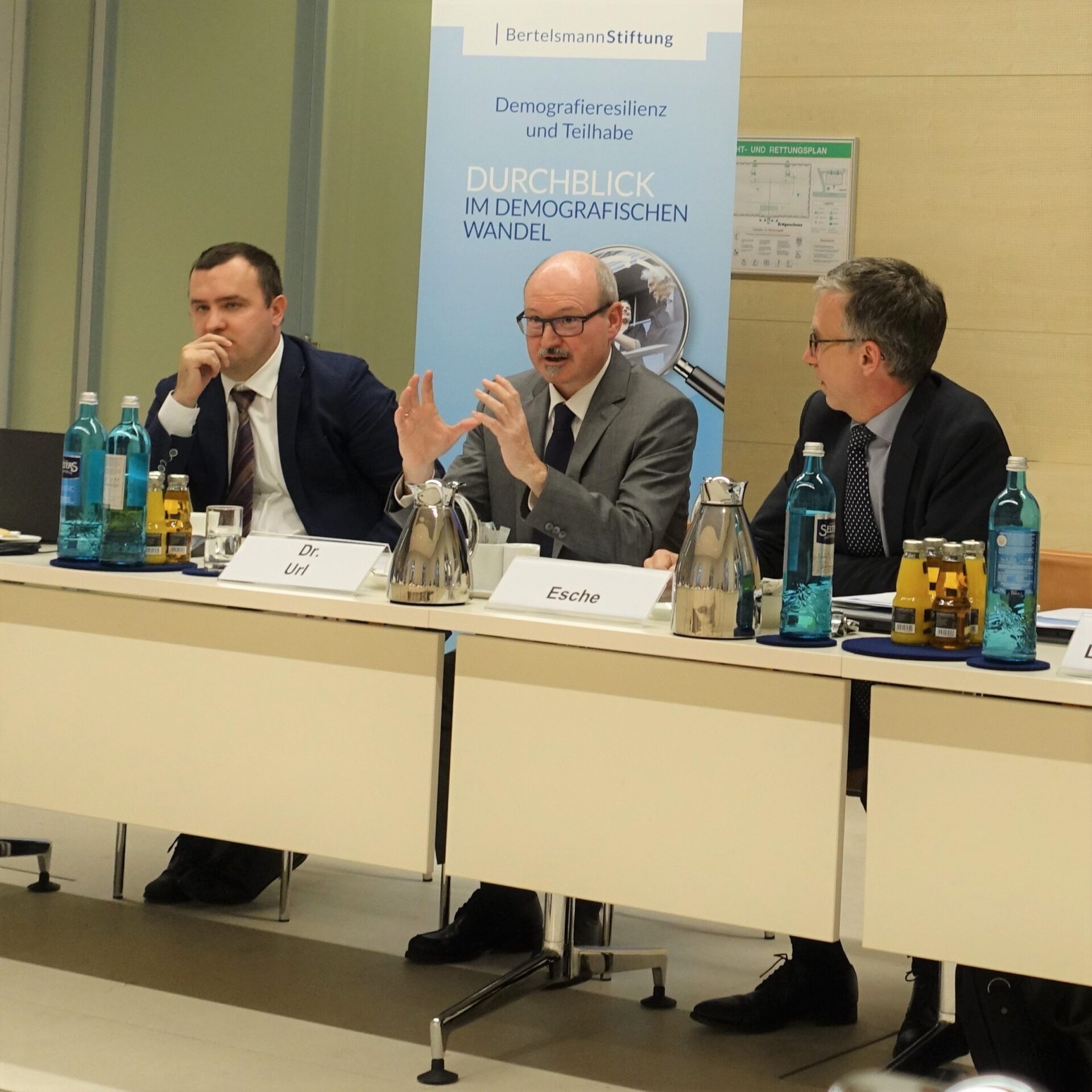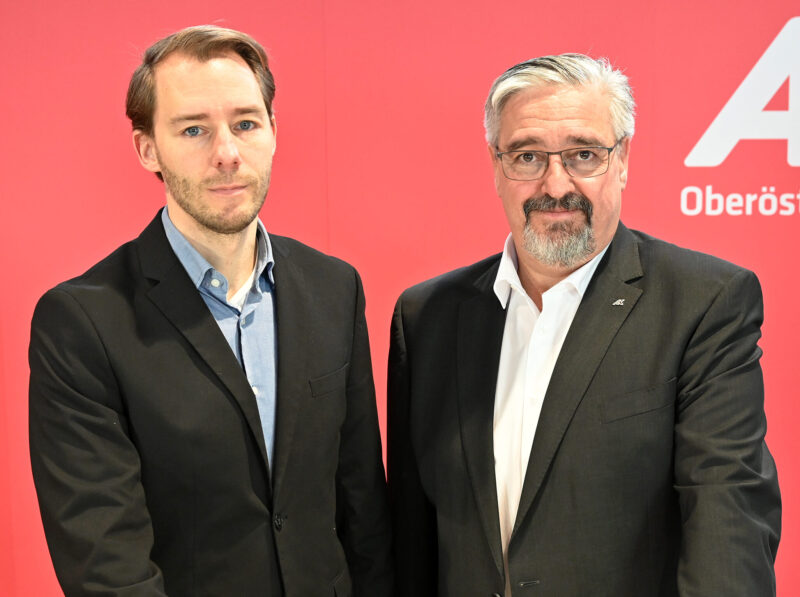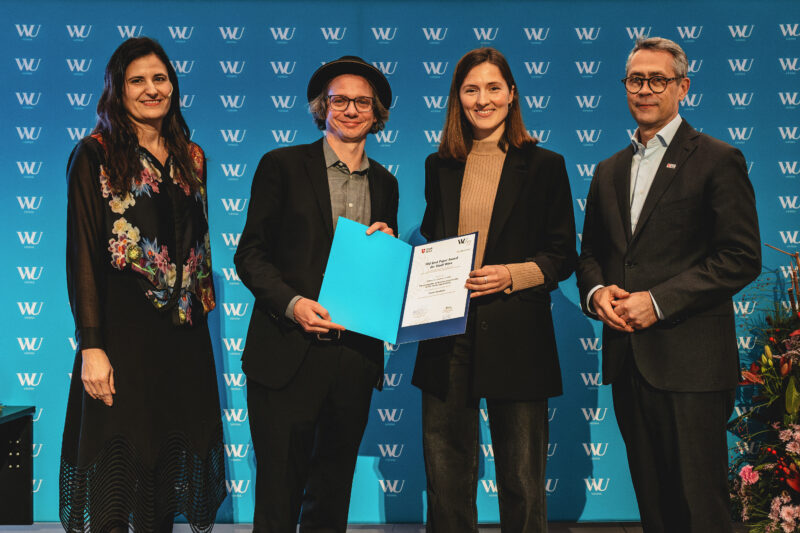
Macroeconomic Effects of Demographic Aging
Due to the expected demographic development alone, Austria's gross domestic product (GDP) is expected to fall by 2.7 billion € or around 4,200 € per capita (at 2010 prices) in 2040, with a subsequent upward trend. Significantly higher investments in digitisation and automation than in the past could soften this development. These results can be found in a recent study in which the Austrian Institute of Economic Research (WIFO), commissioned by the Bertelsmann Stiftung, calculated the consequences of demographic ageing on productivity development, economic growth and other macroeconomic variables in Germany, France, Spain, Italy, Austria, the USA and Japan up to 2040 and beyond.
Country Sheet Austria
A country sheet summarises on two pages the expected consequences of demographic change for the development of labour productivity, gross domestic product (absolute and per capita), the macroeconomic savings and investment rate, the inflation rate and the current account balance in Austria up to the year 2050. The country sheet for Austria is available here.
Further information about the study can be found here.
The entire study can be downloaded here.






















